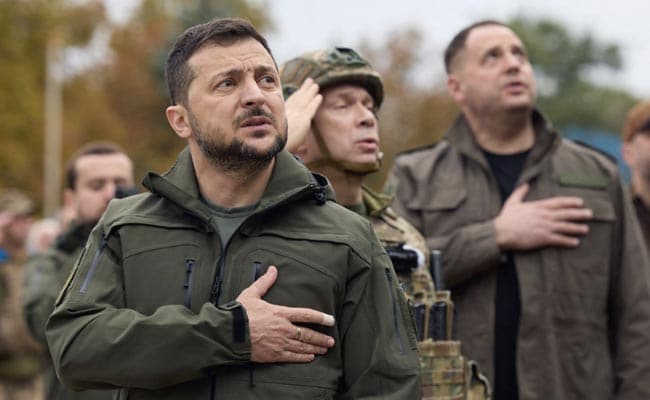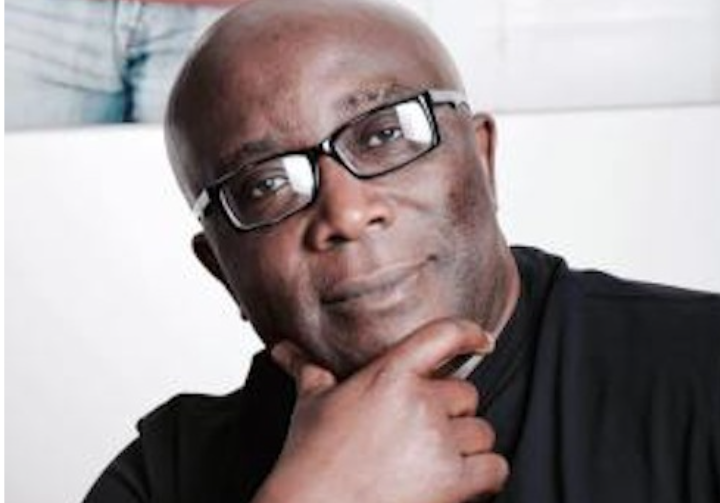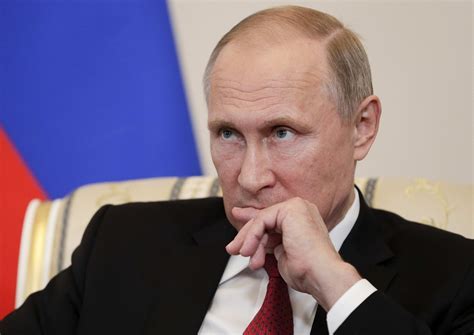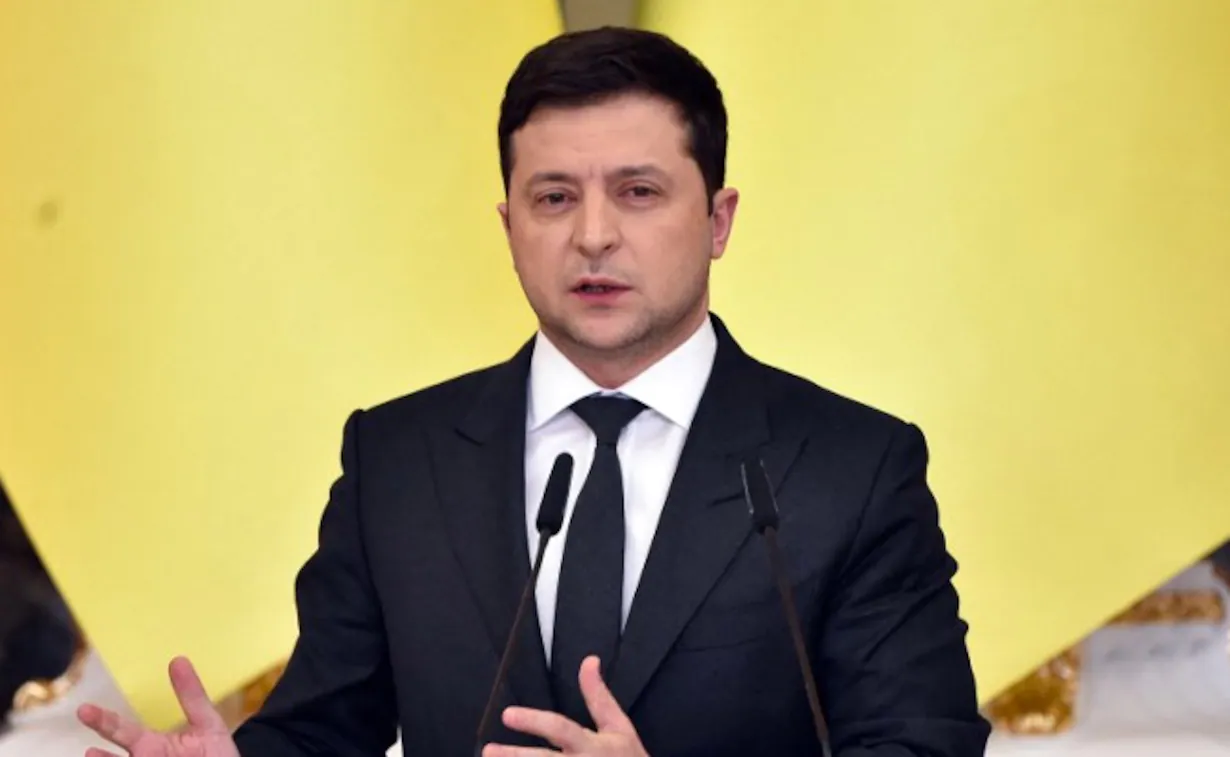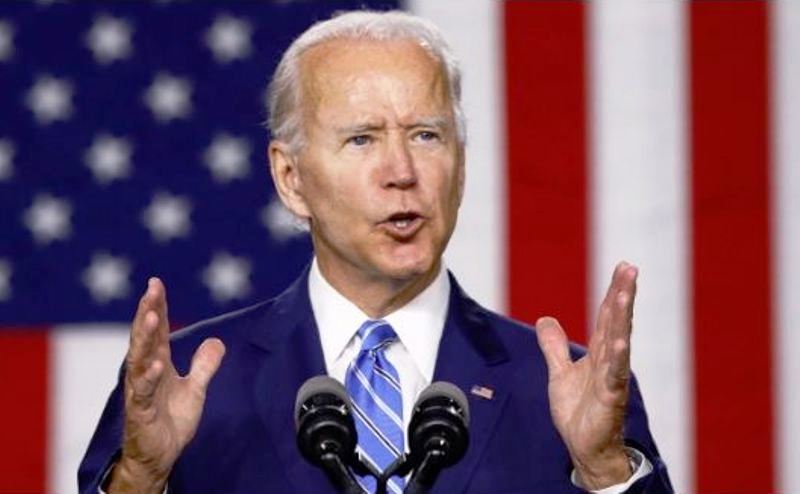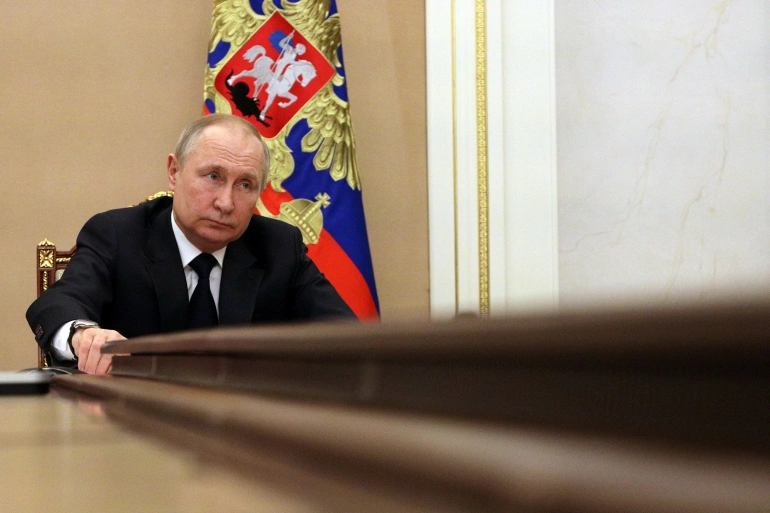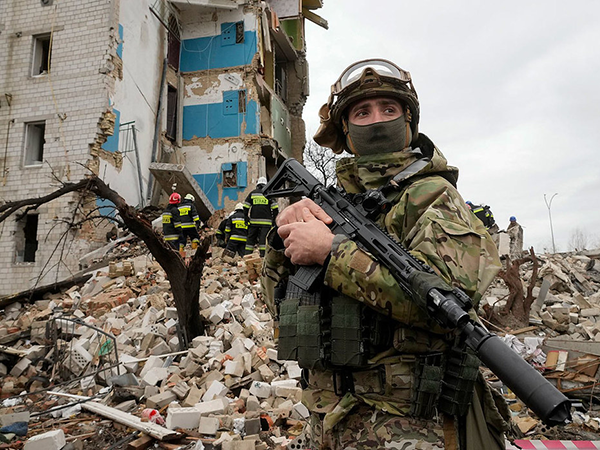Putin is nearby. Precisely, Russia’s ambitious global influencer of illiberal order has docked next door. In Niger Republic to be exact. At the end of April, the military junta in Niger kicked out the American military advisers and tiny troop contingent from their country. Earlier, they had forced the U.S drone and surveillance base in Agadez to shut down. As part of a half hearted diplomatic move to repair military relations with Niger, an American delegation went to hold talks with the regime in Niamey.
Almost on the same day, officials of the junta were reportedly showing a Russian military advance party around what used to be the American military base. The intent was obvious. The Russians were in the process of being handed the keys of what used to be a US base or at least preparing the grounds for an active security relationship with Moscow. Though the janitors are yet to hand over the keys of the former US base to the Russians, the signals are clear.
Earlier on, the military junta in Niger had chased away the French ambassador to the country, thus ending centuries of French influence in the country. Of course, the military dictators were towing the same line as their colleagues in Burkina Faso, Mali and Guinea. A rushed end to French presence and influence in these former French colonies has since become the central foreign policy doctrine of the new autocrats in what used to be Francophone West Africa.
Official Moscow is still predictably silent on its intentions. But what is clear is Moscow’s preparations to replace the West, specifically the United State and France as the strategic influence in Niger Republic and its environs. And with the exit of both French and American military presence in Niger, the door has been thrown wide open for their replacement by Russia. Of course Russia’s interest in Africa especially West and Central Africa has never been disguised in recent times.
Prior to the demise of the bullish Yevgeny Prigozyn and the decline of his Wagner mercenary force, Russian commercial and security presence in these parts of Africa had been quite pronounced but diplomatically muted. Now what began as an expeditionary mercenary commercial interest is about to graduate into a full blown strategic military and security presence and interest from Moscow.
The presence of US troops and the drone base coupled with the presence of a French protection force in West Africa remained for a long time part of the international arrangement to keep jihadist terrorists from drifting towards the south of West Africa. Countries like Nigeria were prime beneficiaries of the US presence in Niger. It was more importantly part of an international strategic engagement to barricade the region from a rampaging Jihadist onslaught from the Sahel.
This logic of containment and protection remained the major plank of Western influence remained valid until the rapid reduction of French presence and influence in the region by new military regimes. It all began with Mali which had earlier evicted French diplomats from Bamako. This was followed by the withdrawal of French protection troops from Mali and subsequently the other major West African former French territories now under military dictatorship: Mali, Guinea, Burkina Faso, Niger and possibly Chad.
There a historical context to Russia’s residual appeal in parts of Africa. Instructively, in the wake of the Russian invasion of Ukraine, the world was gripped by anxiety. On March 2nd, the UN General Assembly voted on Russia’s invasion of Ukraine. Of the 54 African member states, 28 voted against Russia while 17 abstained and 8 refused to show up. Towards Russia or more precisely the old Soviet Union, some nostalgia among an ageing generation of elite.
Many of these older African elite recall the days of the Cold War and the old USSR’s identification with Africa’s causes especially anti colonialism and anti Apartheid. Ideological nostalgia towards the Red Empire is strongest in places like Mozambique, Angola, Zimbabwe, Namibia and South Africa where political parties that pioneered the independence and anti racist struggles were backed by the old Soviet Union.
At the present time, Russian influence in Africa remains sporadic and uncoordinated but cannot be ignored as a significant part of the strategic future of the continent. In 2019, the inaugural Russia-Africa Summit in Sochi was attended by 43 African countries. It was a forum for Mr. Putin to critique the West’s policies towards Africa.
Nonetheless, Russia’s trade with Africa is only 2% of Africa’s goods trade with the rest of the world. A Russian bank VEB now under Western sanctions is a shareholder in the African Development Bank. Even then, Russia’s economic and military interest and roles in some African fragile states remains considerable. Russia is the largest arms supplier to African countries, a net extractor of mineral and other resources and a prop for fragile even if unpopular regimes. But with all its noisy presence in world affairs, Russia remains an unlikely agent of economic benefit for African countries.
The Russian economy is abouot the size of that of Italy. So, Russia is not in a position to act as an attractive agent of development in Africa. Russia is still a relatively poor country. Its companies playing in the African economic theatre are most extractive industry interlopers and state sponsored thieving entities. Russian infrastructure companies are still not interested in contracts in African countries. African tourist and business travel interests in Russia is next to zero. So, by and large any renewed Russian interest in parts of Africa will remain a matter of limited mutual convenience. Security assistance in return for opportunities for Russian rogue companies to come in and make some quick cash while the Russian state increases its foothold and authoritarian leverage against the Western liberal order.
For Nigeria, the implications of the exit of two major Western powers from our immediate northern frontier are many and far reaching. Nigeria’s exposure in this regard are threefold. First, the security safe corridor against jihadist terrorist expansion from the Sahel is instantly closed. Without American drones, intelligence and French troops on the ground, Nigeria is exposed. Our national security is further compromised. The jihadists are now free to roam free from centres in Niger into the troubled northern parts of Nigeria.
Secondly, the military presence of Russia in Niger and other parts of what used to be French West Africa immediately signals a decline of Western influence in the region and its replacement with an antithetical Russian influence. Russian security presence and strategic influence in an area now under military dictatorship effectively means the shrinking of the frontiers of freedom and democratic rule and its replacement with an authoritarian influence. Russian is not known to be a patron of democracy and freedom anywhere in the world. It cannot possibly export what it does not have at home.
Hidden under the above two meanings is a clear and present threat to Western influence in West Africa. The timing of this development in world history is fortuitous. We are in an era where the Cold War has been replaced by an increasing hemispheric war of nerves and rhetoric between Western democracies as we have come to know them and a rising authoritarian counter force. The counter force is being guaranteed by the growing influence and fortunes of China. Russia, North korea, Iran and other client states of the same ilk are taking shelter under China’s bloated bank accounts to keep the West uncomfortable.
Nigeria’s political response to the developments in Niger have shown little of an enlightened national self interest. At the time the coupists toppled Niger’s democratic government, Nigeria was in a position to prevent the coup and its nasty consequences. Former president Buhari had a close personal relationship with the democratic leadership in Niger.
Even after Buhari’s tenure, his successor Mr.Tinubu woefully failed to use his position as the new Chairman of ECOWAS to neutralize the coup in Niger. Nigeria was in an eminent position to use its economic and military preponderance in the region to stifle the Niger coupists. We failed.
A few tepid diplomatic threats and fickle sanctions failed to deter the dictatorship in Niamey. The junta got stronger, compared notes with those in Burkina Faso, Mali and Guinea. They got stronger together and became a threat to ECOWAS from which they threatened a pullout. ECOWAs’s solidarity was broken. The bloc buckled. Its military weakness was on open display as they could neither effect an ultimatum to use force if necessary. Individual member nations reached out to the Niger and other dictators and made individual deals.
Nigeria’s resolve was broken. We shamefully restored electricity supply to Niger, lifted our limited and effete sanctions. And now the Niger junta has dug in and has admitted a potential destabilizing force into our immediate northern frontier. By creating room for the exit of the West from Niger and the tacit admission of Russian influence into the region, Nigeria has shot itself in the foot.
There is something more frightening in our political response to this development. The possibility that the United States and France could decide to pitch tent in Nigeria by negotiating military basing footholds here is far fetched. But even then, it is being opposed vehemently by some politicians instead of being welcomed enthusiastically.
In Nigerian political circles, the debate has been as to whether Nigeria should allow France and the United States to establish military bases in its territory. As is typical in our lazy politics of sectarianism, regionalism and divisiveness, the most eloquent voices of opposition to possible Western military bases in Nigeria have come from northern political voices. This is not only sad but also not backed by any iota of strategic insight and knowledge of basic national interests.
Ironically, the North is the region immediately exposed to the consequences of the withdrawal of Western forces from Niger. It has become the epicenter of national insecurity and instability of the kind associated with increasing jihadist activities. It is the home base of banditry. It is a free market for the spread of small and medium arms from the theatres of trouble in the Sahel, Northern Africa and the Middle East. It is the area where schools are being sacked and farming disrupted. It is the source of herdsmen turned into killers, armed robbers and kidnappers.
More pointedly, there is nothing that says that should Nigeria consider it strategically wise, Western military bases in the country must be located in any particular zone of the country.
Such bases can be located anywhere in the country. And they often have collateral economic benefits to the host communities as in places like Djibouti, South Korea and Germany where US military bases are part of the local economic life.
In the world of modern technology, possible Western military bases can be located anywhere in the country. Advanced intelligence gathering and surveillance systems now allow major world powers to gather intelligence, order operations and manage military outcomes from virtually anywhere. The drones that decimated Al Queda in Afghanistan and Pakistan emanated from drone command bases in the deserts of far away Nevada. Donald Trump ordered the drone assassination of Iran’s General Soliman at Baghdad airport from the comfort of the Oval Office in far away Washington.
The long term strategic and overall national interest of Nigeria are better served if we rise above petty regional narrow views of the developments unfolding in our Northern frontier. First, we need to protect the nation from the spread of jihadist insurgency and terrorism. We need to remain enlisted in the international effort to defeat Jihadist terrorism decisively. We need to protect freedom and democratic rule as a heritage after more than four decades of military dictatorship in our history. Consequentially, we need to act in concert with the rest of the free world to discourage Russia’s active promotion and tacit marketing of authoritarianism and anti democratic ideas around the world.
Incidentally, among the salesmen of authoritarianism in the world, Russia is handicapped. Unlike China, Russia is neither an agent of economic development nor a model of cultural inclusiveness and universalism. Few free and happy people want to make Moscow their preferred holiday or business travel destination.
